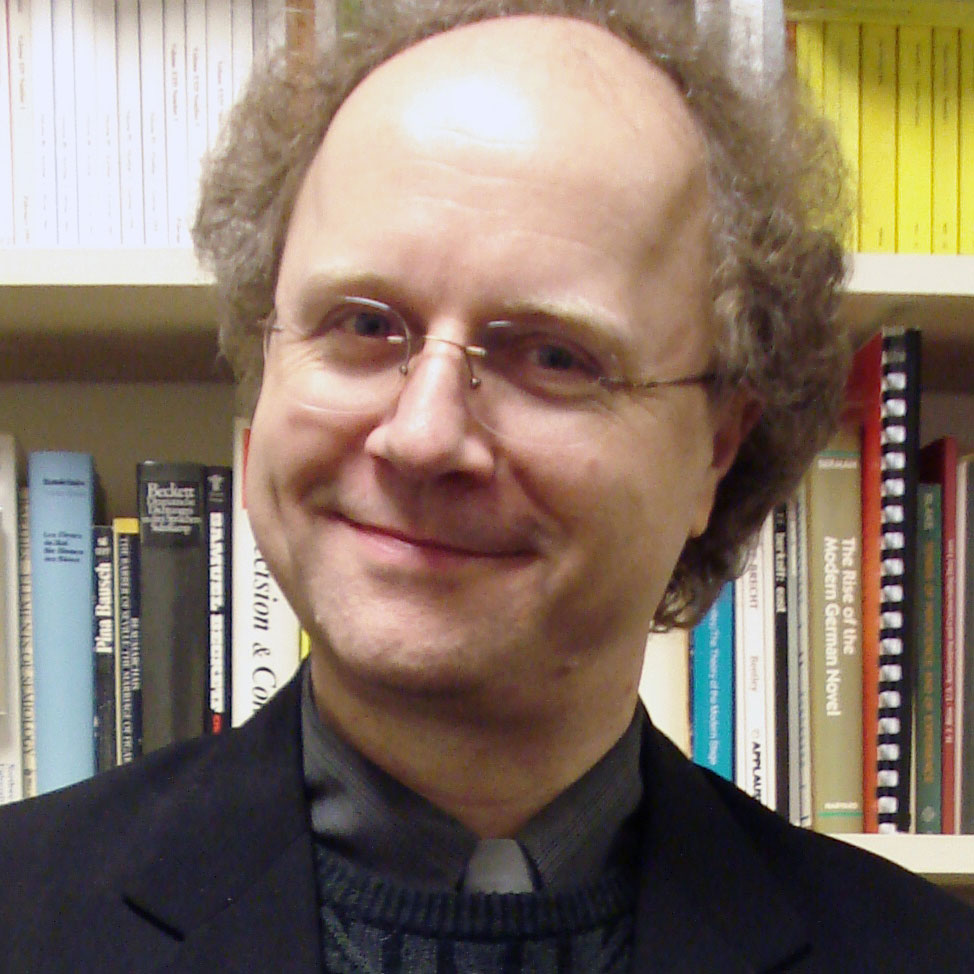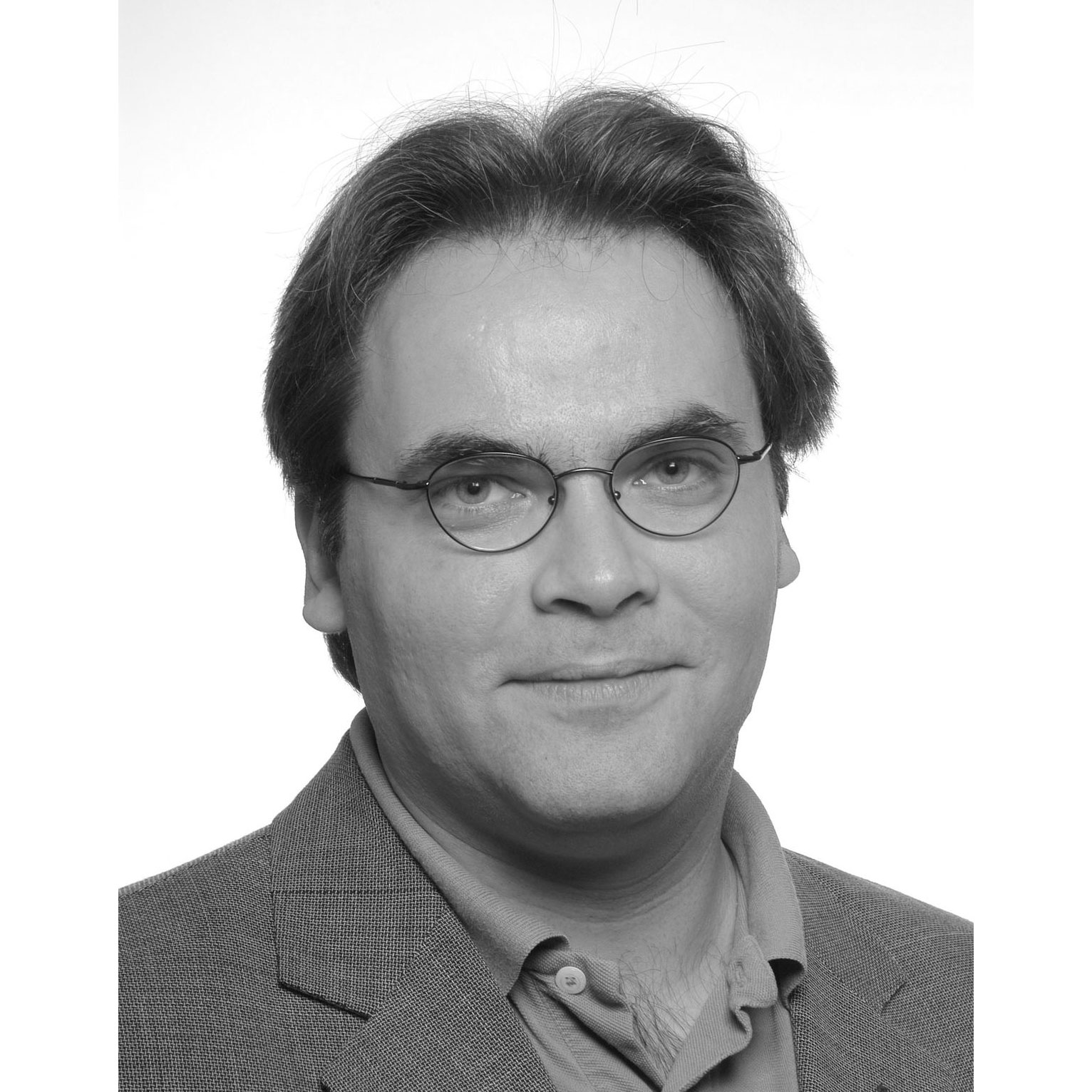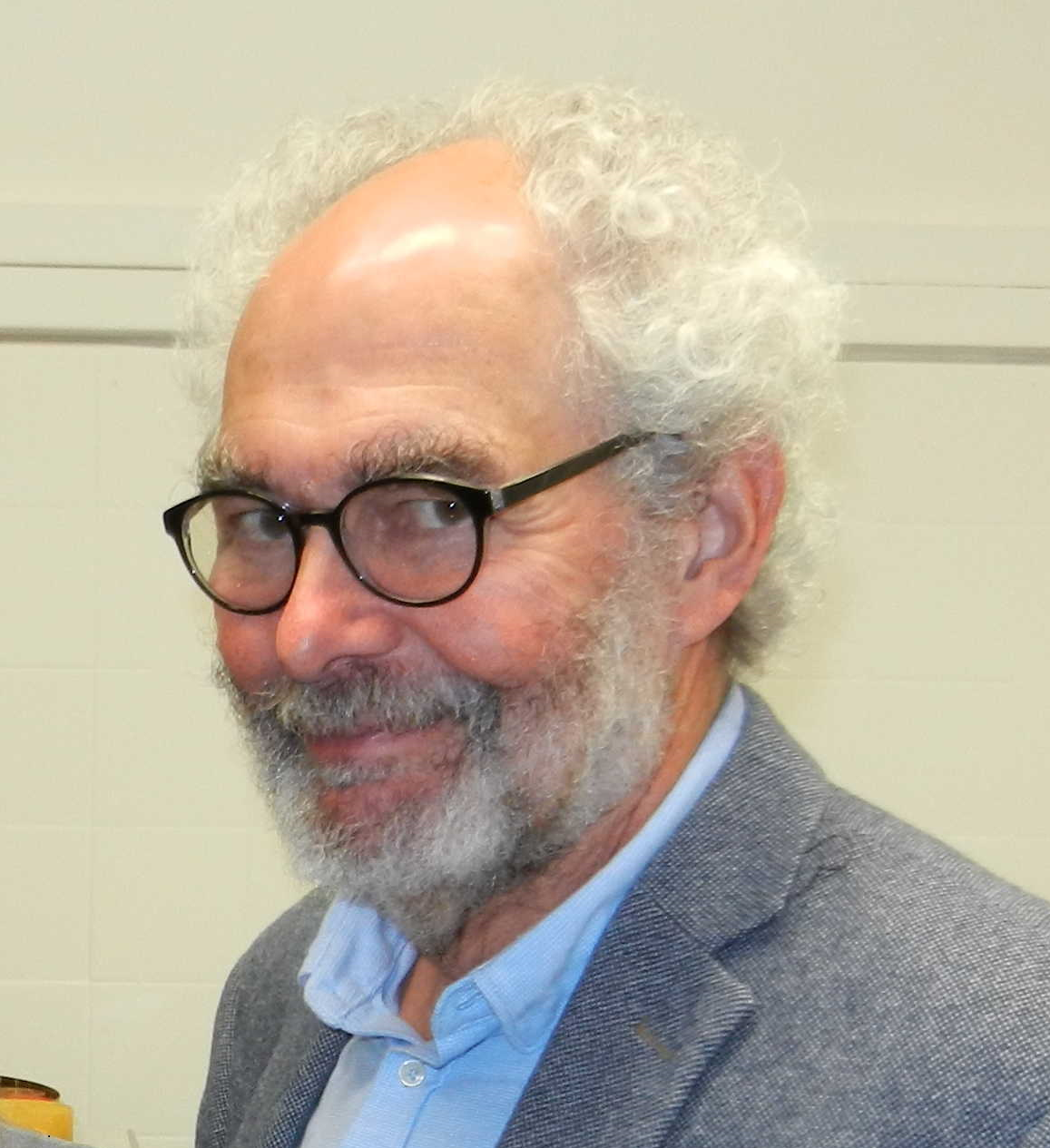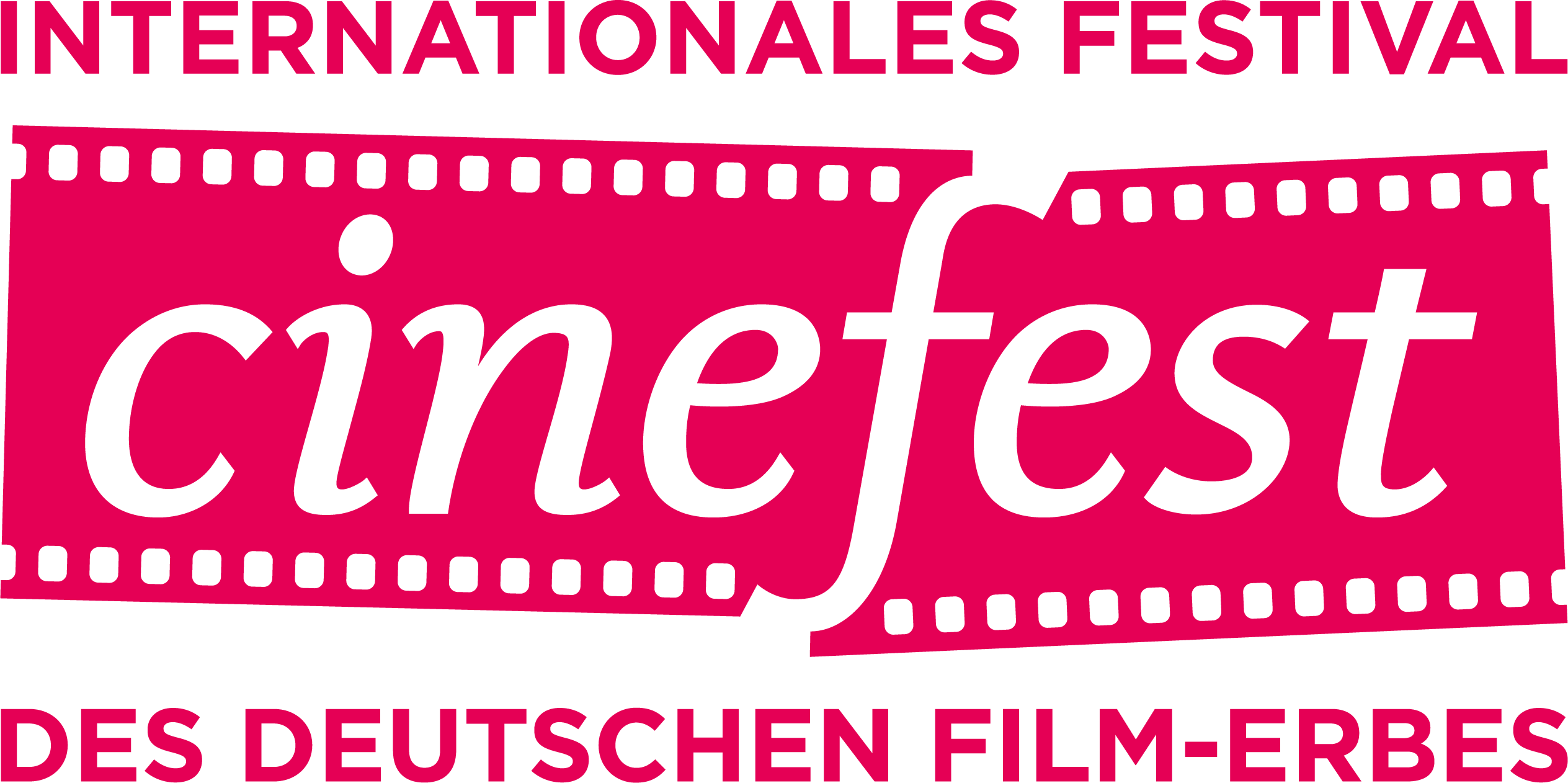Prior accreditation is required for participation.
Stundenplan
24.11.2023
- PANEL 3: DIRECTION
- 09:30 - 10:20
- Ranküne und Reue – Wilhelm Thieles deutsch-französische Tonfilmkomödie DER BALL und MADAME HAT AUSGANG
- Thiele's musical comedies from 1931, filmed simultaneously in French and German, bear witness to the enormous stylistic diversity of his film work. The two German-French co-productions shot in the Tobis studios in Épinay-sur-Seine - the artistic home of the great role model René Clair - for the company Vandal & Delac use very different templates: DER BALL is based on a literary, sophisticated novella by Irène Némirovsky, in which an underage girl humiliates her arrogant nouveau riche mother by sabotaging her plans for a glamorous party. MADAME HAT AUSGANG is the adaptation of a tabloid comedy by stage veterans Paul Armont and Marcel Gerbidon, the focus of which is a spoiled, neglected industrialist's wife who cheats on her unfaithful husband with a simple bookbinder for a while, but then returns ruefully to the marital haven. Here, Thiele varies the genre conventions of the “sound film operetta” that he developed himself, in conjunction with producer Erich Pommer and composer Werner Richard Heymann, at Ufa – a. o. in relation to the direction of the plot and the handling of film and musical dramaturgical means. Both films are designed as vehicles for female stars and are aimed at a primarily female audience. The films also raise the question of which language version can be described as “original” and which as “derivative”, or whether and how the films can be attributed to the respective national film culture.
-
Sprecher:in
Christian Rogowski
- 10:30 - 11:20
- Temperament und Atmosphäre. Der Musikfilm-Regisseur Hanns Schwarz
- In addition to Wilhelm Thiele, Hanns Schwarz (1888-1945), who also came from Vienna, can be considered the second director whose style significantly influenced Ufa's music film production in the first years of sound films. Even during the silent film era, directorial works such as NANON (1924), DIE CSARDASFÜRSTIN (1927) or UNGARISCHE RHAPSODIE (1928) made use of the rich fund of contemporary operetta and revue culture. In 1929, together with Werner Richard Heymann, he was responsible for the artistic realization of the first Ufa -sound feature film MELODIE DES HERZENS. In 1930/31, Schwarz followed up with three Ufa sound film operettas that were very popular with audiences: IHRE HOHEIT BEFIEHLT and BOMBEN AUF MONTE CARLO again in collaboration with Heymann, EINBRECHER under the musical direction of Friedrich Hollaender. In LIEBLING DER GÖTTER (1930) he directed Emil Jannings as a tenor struggling to continue his career. Immediately before his emigration via Austria to the USA, Schwarz made the musical comedies DAS MÄDEL VOM MONTPARNASSE and ZIGEUNER DER NACHT for smaller production companies in 1932. Using the example of his music films, my contribution attempts to provide a first approximation of the director's working methods and production style.
-
Sprecher:in
Michael Wedel
- PANEL 4: SINGING
- 11:30 - 12:30
- Imperio, Estrellita und Rosita: Kastagnetten-Kino aus Deutschland Die Interessen der deutschen Filmindustrie und deren Sog- und Schubwirkung auf ausländische Künstler
- In the National Socialist film industry, foreign actresses played a role promoted by Reich Propaganda Minister Goebbels. This also and especially applies to music films. Marika Rökk and Zarah Leander are among the most famous. As they advanced their careers, other foreign artists came to Babelsberg and were also recruited, such as the Spanish Imperio Argentina. Her career in German film will be traced during the lecture. Biographies of other foreign performers who were employed in Germany are also presented and their careers in Germany are briefly outlined.
-
Sprecher:in
Daniel Otto, Karl Griep
- 12:30 - 13:30
- Lunch Break
- 13:30 - 14:20
- Tenöre als Hauptdarsteller Rollenmuster und Topoi in Filmen mit Richard Tauber, Joseph Schmidt, Jan Kiepura
- Since the earliest beginnings of German sound films, singers have been preferred as leading actors, particularly those who have also celebrated success on the major opera stages. For a good thirty years, between 1929 and around 1959, numerous so-called tenor films were made, especially in the German-speaking world, which were entirely focused on an opera star presenting his singing to the film audience. However, he mostly sang easily accessible opera and operetta hits, often even hit songs. It is striking that almost only tenors, but hardly sopranos, were used for the sound film. Since three of the most important protagonists - Richard Tauber, Joseph Schmidt and Jan Kiepura - were expelled from Germany during the Nazi era due to their Jewish descent, the subgenre initially came to a standstill, but then experienced an unexpected comeback in the 1950s with Rudolf Schock. While the first phase of tenor films was already characterized by predetermined role models and topoi (for example the image of the “natural talent” who cannot find his way in the big world of opera), the films of the second phase built on these stereotypes in many ways.
-
Sprecher:in
Jonathan Schilling
- 14:30 - 15:20
- Max Reichmanns Richard Tauber-Filme
- The Tauber films by Max Reichmann, which include ICH GLAUB' NIE MEHR AN EINE FRAU, DAS LOCKENDE ZIEL, DAS LAND DES LÄCHELNS (alle 1930) und DIE GROSSE ATTRAKTION (1931), were not conventional film comedies or musicals, but dramatic singer films, in which the famous tenor Richard Tauber took center stage. At a time of financial instability in the Emelka film company, these films ensured popular success and full coffers at the Bavarian Film Distribution. This article examines Tauber's biographical complexity as someone who oscillated between opera, operetta, and popular music and had conflicting affiliations with Jewish family heritage, catholicism, and national preference for Berlin and Vienna. These provide a unique perspective to explore the construction of alternative, co-existing notions of home in Reichmann's films. Der Beitrag untersucht die gesamte Reihe der Tauber-Filme, einschließlich des 2023 restaurierten ersten Films in der Reihe, und argumentiert, dass sie gemeinsam gelesen und analysiert werden sollten, da sie eine Gedankenentwicklung rund um das Thema Heimat darstellen. By examining the intersections of Jewish acculturation and national-ethnic elements in Max Reichmann's Tauber films, the contribution argues that the films sought to create a place in the homeland for their half-Jewish Austrian star Richard Tauber, who presented himself here as a national figure and Volkskammer singers were occupied.
-
Sprecher:in
Andreas-Benjamin Seyfert







Datum
- 24. Nov. 2023
- Abgelaufene Events
Uhrzeit
Sprecher
-
Andreas-Benjamin Seyfert
PhD student at UCLA and developes a methodology for incorporating lost films into historiography. He has written several publications on the interface between German film, art and literature. His publications include a forthcoming article in the CineGraph Babelsberg film magazine, as well as the anthology “Enchanted by Cinema: Wilhelm Thiele between Vienna, Berlin, and Hollywood” (with J.-C. Horak), which will be published by Berghahn Books in 2024. Further publications include “Goethe lebt! Der Dichter als Filmgestalt” in the collection “Goethe als Literatur-Figur” (Wallstein Verlag, 2016), “Banning Jewishness: Stefan Zweig, Robert Siodmak, and the Nazis” in the collection “Rethinking Jewishness in Weimar Cinema” (Berghahn Books, 2021), and the not yet published article “Cinema of the Underprivileged: Heinrich Zille’s Influence in Weimar Film” in a collection for Bloomsbury Academic.
-
Christian RogowskiG. Armour Craig Professor, Amherst College, Massachusetts
G. Armour Craig Professor in Language and Literature in the Department of German am Amherst Col-lege in Massachusetts (USA). Publications on drama, opera, German-language literature and intellectual history and film, especially film from the Weimar Republic. Editor of “The Many Faces of Weimar Cinema” and author of a monograph on Wim Wenders’ WINGS OF DESIRE.
-
Daniel OttoHead of Business Development bei Crunchyroll SA, Berlin
geb. 1966 in Berlin/West. Studium der Wirtschaftswissenschaft in Bochum, Diplomarbeit über »Filmwirtschaft und schwerindustrielle Unternehmensstrategie in der Weimarer Republik«. Stationen des beruflichen Werde-gangs u.a. Leiter des Spielfilmeinkaufs bei KirchMedia, Aufbau des T-Online VoD Portals, Spielfilmeinkauf bei Premiere Fernsehen und den Sony Sendern ANIMAX und AXN, Leiter der Lizenzabteilung von AV Visionen, seit 2020 Head of Business Development bei Crunchyroll SA. Vorträge und Veröffentlichungen u.a. zu Hugo Stinnes und Film in den 1920er Jahren, Gleichschaltung der deutschen Filmindustrie im »Dritten Reich«, Mehrspra-chenproduktionen unter Hitler und Franco in den 1930er Jahren und zu Deutsch-Japanischen Anime Koproduk-tionen der 1970er Jahre. Er lebt mit seiner Familie in Berlin.
-
Jonathan SchillingHistorian and musicologist, Münster
born 1993 in Tübingen, studied history and musicology in Tübingen and Marburg and wrote his doctoral thesis at the University of Münster. He was a scholarship holder of the Konrad Adenauer Foundation. The focus of his research is the German cultural and social history of the 19th and 20th century, in particular the history of film up to 1963, research of the middle classes and the history of Protestant piety. His most important publications include three essays on Ruth Leuwerik’s filmmaking, including: “More than Heimatfilm. Ruth Leuwerik, Die Trapp-Familie und der Publikumsgeschmack der Adenauer-Zeit” in: Vierteljahrshefte für Zeitgeschichte 71 (2023) 1, pp. 75–109.
-
Karl GriepFilmhistoriker, Berlin
Studium der Soziologie und Linguistik. Leitung eines Film- und Videostudios der Universität Bielefeld. Ab 1980 Mitarbeiter des Bundesarchivs in Koblenz, in verschiedenen Funktionen in der Abteilung Filmarchiv, u.a. Leiter des Referates für Dokumentarfilme und Wochenschauen. 1990 Verlegung des Dienstsitzes von Koblenz nach Berlin. 1993–2018 Leiter der Abteilung Filmarchiv des Bundesarchivs. Während seiner Amtszeit etablierte sich die Kooperation von Bundesarchiv und CineGraph, seit 2004 mit der gemeinsamen Veranstaltung von cinefest.
-
Michael WedelFilm and media scientist, Babelsberg Film University KONRAD WOLF
Dr. phil., film and media scientist, professor of media history at the Babelsberg Film University KONRAD WOLF since 2009. Studied German, history and philosophy at the Free University of Berlin and film and television studies at the University of Amsterdam. 2005-2009 Assistant Professor of Media Studies at the University of Amsterdam, 2011-2014 Scientific Director of the Potsdam Film Museum. 2019 guest professor at the German Department at Vanderbilt University. Since 1999 editor of the magazine “Filmblatt”. Publications as an author include »Der deutsche Musikfilm. Archäologie eines Genres 1914-1945″ (2007), “Filmgeschichte als Krisengeschichte. Schnitte und Spuren durch den deutschen Film” (2011), “Ort und Zeit. Filmische Heterotopien von Hochbaum bis Tykwer« (2020).


